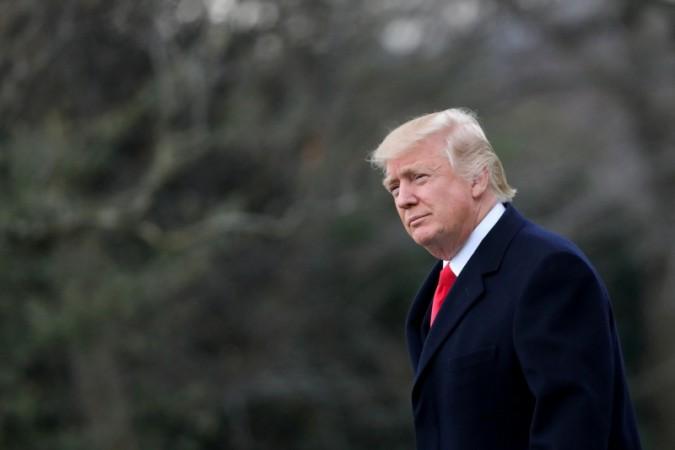
United States President Donald Trump gave the Keystone XL Pipeline its key federal permit on Friday, March 24.
The project was rejected by former President Barack Obama in 2015 to end a political fight that went on for much of his presidency.
Under Secretary of State for Political Affairs Tom Shannon issued the 'Presidential permit,' and the decision was taken two months after Trump signed an executive order to revive the project.
The permit authorises Canada-based TransCanada to construct, connect, operate, and maintain pipeline facilities at the US-Canadian border in Phillips County, Montana, for the import of crude oil.
"The Department of State reviewed TransCanada's application in accordance with Executive Order 13337 [April 30, 2004] and the January 24, 2017 Presidential Memorandum Regarding Construction of the Keystone XL Pipeline," the US Department of State said in a statement.
"In making his determination that issuance of this permit would serve the national interest, the Under Secretary considered a range of factors, including but not limited to foreign policy; energy security; environmental, cultural, and economic impacts; and compliance with applicable law and policy," it added.
On January 24, President Trump had issued a Presidential Memorandum Regarding Construction of the Keystone XL Pipeline, which invited TransCanada to promptly re-submit its application to the Department of State for a Presidential permit for the construction and operation of the pipeline, and directed the Secretary of State to receive the application and take all actions necessary and appropriate to facilitate its expeditious review.
According to TransCanada, the Keystone XL Pipeline will allow the transport of crude oil production from the Western Canadian Sedimentary Basin (WCSB) and the Bakken supply basin in Montana and North Dakota to a point located on the existing Keystone Pipeline system at Steele City, Nebraska, which will allow for the delivery of that production to existing refinery markets in the Texas Gulf Coast area.
It is claimed that the pipeline will provide a secure and reliable source of Canadian crude oil to meet the demand from refineries and markets in the US by facilitating the delivery of domestic supplies, and by reducing US reliance on comparable foreign heavy crude oils, particularly declining supplies from Mexico and Venezuela.
TransCanada also says that the pipeline will provide significant economic and employment benefits to the US, with minimal impact on environment.








